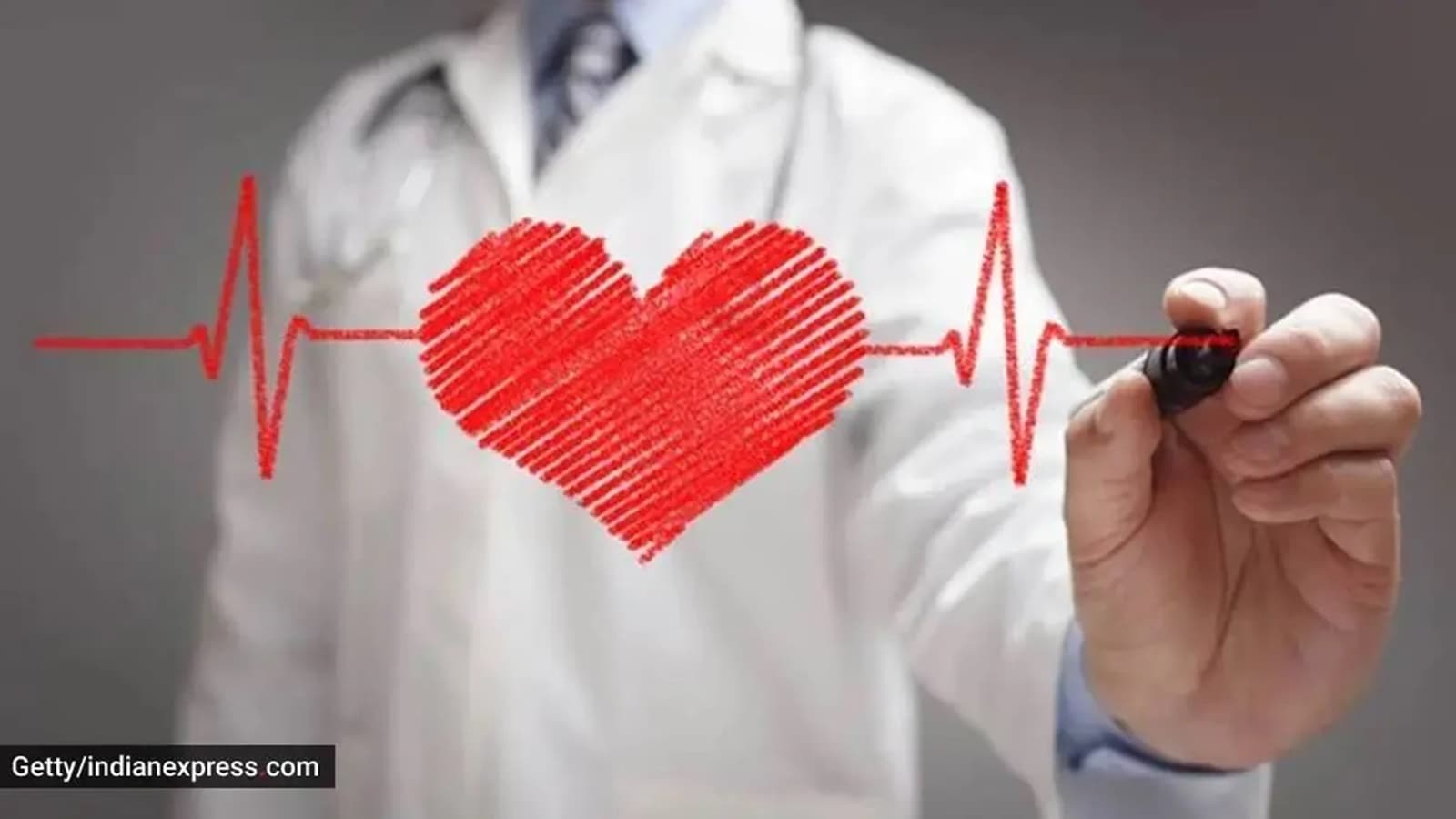Putting an end to speculation about his health, filmmaker Rakesh Roshan, 75, opened up about undergoing “preventive procedures done” following a recent health scare. “This week has been truly eye-opening. During a routine full-body health check-up up, the doctor conducting the sonography for the heart suggested I also do one for the neck. By chance, we found out that although asymptomatic, both my carotid arteries to the brain were above 75 per cent blocked. Which, if ignored, could be potentially dangerous. I immediately admitted myself into the hospital and got the preventative procedures done (sic),” said Rakesh on his Instagram.
Apprising his fans and well-wishers that he is “back home now and fully recovered and hopes to get back to my workouts very soon”, he highlighted that the focus for everyone should be to “stay on top of their health, especially where the heart and brain are concerned”. “A heart CT and a carotid brain artery sonography (which is often ignored completely) is a must for everyone above 45-50 years old. I think it’s important to remember that prevention is always better than a cure. I wish a healthy and aware year to you all,” added Rakesh, who has two children, Hrithik and Sunaina.
Taking a cue from his revelation, let’s understand what the carotid arteries do and why everyone should undergo preventive screenings, including heart CT and carotid brain artery sonography.
When carotid arteries are found to be over 75 percent blocked, it means that blood flow to the brain is significantly restricted. “This level of narrowing is considered severe carotid artery stenosis, and it poses a high risk for ischemic stroke, where reduced blood flow can damage brain tissue. The blockage is typically due to atherosclerosis, a condition where fatty deposits and cholesterol accumulate in the artery walls,” said Dr Sanjeeva Kumar Gupta, consultant, dept of cardiology, CK Birla Hospital, Delhi.
Importantly, blockage in the carotid artery can also indicate a higher probability of underlying coronary artery disease. “This is because atherosclerosis tends to affect multiple blood vessels throughout the body. Therefore, such patients should also be investigated for possible coronary involvement through tests like coronary angiography, to assess their overall cardiovascular risk,” said Dr Gupta.
 Here’s what to consider (Photo: Getty Images/Thinkstock)
Here’s what to consider (Photo: Getty Images/Thinkstock)
This is a concerning issue because many people may not experience any symptoms until a stroke or transient ischemic attack (TIA) occurs.
“Hence, early detection through carotid sonography can be life-saving. A blockage over 70 per cent may require medical management, lifestyle changes, or even surgical intervention such as carotid endarterectomy or stenting, depending on the patient’s condition,” Dr Gupta told indianexpress.com.
Story continues below this ad
Dr Swarup Swaraj Pal, Chief Cardiovascular and Thoracic Surgeon and Transplant Surgeon at Gleneagles Hospital, emphasised the importance of appropriate screening for cardiovascular health, especially for individuals over 45-50 years old. “As we age, the risk of developing cardiovascular diseases, including coronary artery disease and cerebrovascular accidents, significantly increases. Two critical diagnostic tools in this regard are heart CT scans and carotid artery sonography,” said Dr Pal.
A heart CT scan provides detailed images of the heart’s structures and can help detect coronary artery disease even before symptoms arise. According to Dr Pal, this non-invasive imaging technique is invaluable in assessing plaque buildup and evaluating heart function.
“Equally important, but often overlooked, is carotid artery sonography. This ultrasound examination assesses blood flow in the carotid arteries, which supply blood to the brain. Early detection of carotid artery disease can prevent strokes, which are a leading cause of disability and death,” said Dr Pal.
By advocating for screenings, one can identify risk factors and intervene early, potentially saving lives. Regular assessments enable the implementation of tailored lifestyle modifications, medications, and other preventive strategies. “Prioritising these tests could make a significant difference in cardiovascular health and overall well-being,” said Dr Pal.
Story continues below this ad
DISCLAIMER: This article is based on information from the public domain and/or the experts we spoke to. Always consult your health practitioner before starting any routine.

